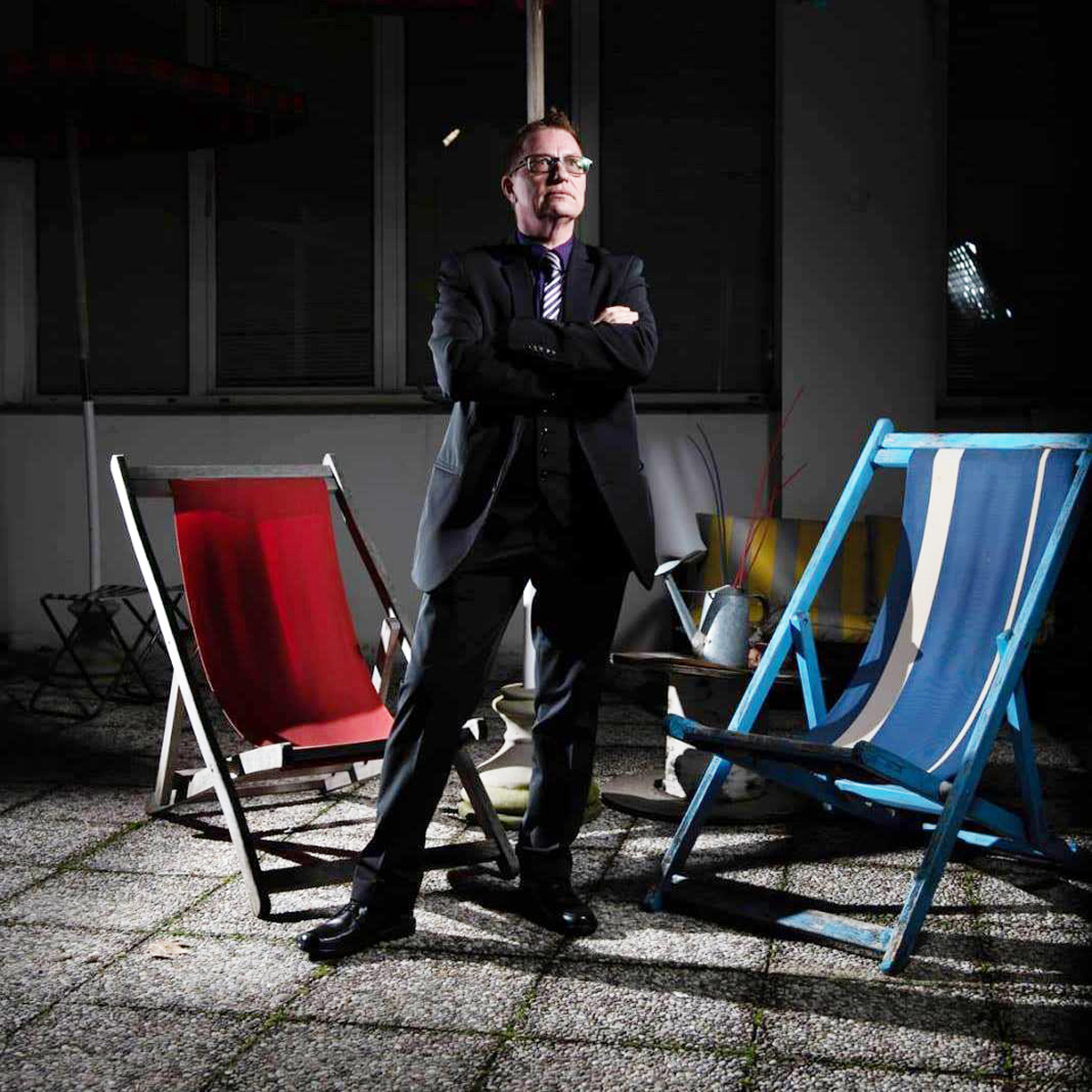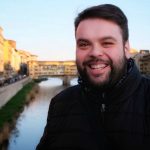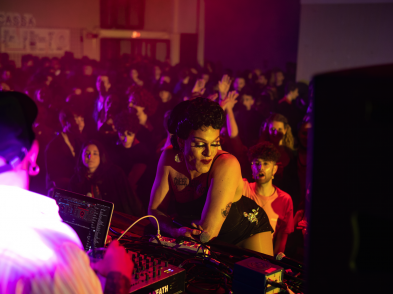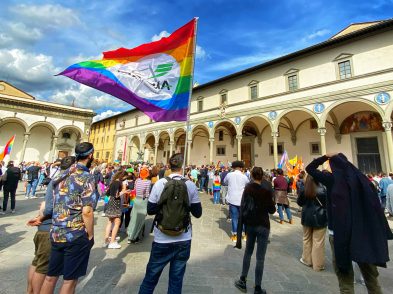A champion of including FTM (female-to-male) transsexuals in discussions about the LGBTQIA+ community, Vincent Vallon is equally enthusiastic about his career as a sales manager at an art catalogue printing house. Accustomed to having their words changed in public discourse or not even being given a platform, people like Vallon often feel reluctant to open up about their experiences. In this interview, Vincent answers the questions of the curious asked by those who want to understand.

Vincenzo D’Angelo: What was the process of transition like for you?
Vincent Vallon: I’m a transsexual who didn’t suffer as much as I know others did. I waited 40 years to do it. I didn’t seclude or block myself off before my change and I didn’t suffer extreme insecurity or lack of confidence. I know that others have had experiences of that. I would it explain it as a feeling of not being at home in your body. It’s like being in a cage that you are desperately trying to escape, but you can’t. It’s a labyrinth. The process of transition is different for everyone and everyone receives different reactions. Often, those who go from female to male tend to become invisible and disappear from the moment they change. I’ve noticed that female transsexuals receive more visibility. We men are less visible and less inclined to activism. I chose to do this interview, not from the point of view of an activist but as myself because I think if we manage to give more information to people, someday we’ll stop being considered as people who are mentally ill.
VDA: Did you find it different coming out as a lesbian first and then as a man?
VV: I lived with my ex-girlfriend for ten years and my father never once asked about the relationship. He thought she was my roommate! I don’t have a relationship now with my family for a number of reasons, but not because of this. Family friends realized because they noticed I was happier, and so they understood she couldn’t have just been a friend I was bringing on holiday. They were very accepting. The transition to coming out as transsexual was even easier because they had already identified me as the masculine partner in the lesbian relationship, and so for them it was just a physical change as I was already a man.
At work, I kept things private when I was in a relationship, but when we split up, it became obvious to my colleagues that something was wrong because I became irritable. So, I revealed to them that I was separating from my girlfriend of 12 years and the next year I came out as a transsexual. I have to say their reactions were wonderful. Their answer was that they like me as a person and they like how I work, so all that’s important is that I’m happy. I tried to explain the process, saying that as from tomorrow I won’t be Virginia anymore but Vincent and told them that I would answer any of their questions. What was interesting was that my female colleagues became worried about my health and asked if the operation was dangerous. The men had more questions about my anatomy!
VDA: What does it mean to you when someone says “Buongiorno signore” instead of “Buongiorno signora”?
VV: It’s a bit strange. I still enjoy the novelty of being addressed in that way. Of course, the first few times I was addressed as a man, it was a feeling of complete happiness for me. It was finally a moment of being recognised outside for what I feel inside.
VDA: You moved to Florence 20 years ago. What’s the difference between now and then in terms of attitudes to LGBTQIA+ people?
VV: Much better! I think that here in Florence we’re relatively lucky because the community has always been numerous. Even if we’re a bit hidden, we’ve managed to live our lives. We have our places where we go, like Torre del Lago and associations such as Ireos. Unfortunately, many times people try to speak for us who aren’t us. This angers me because you can’t speak on my behalf, in the same way that I can’t speak on yours. It may seem like there’s not much of a difference, but for us it’s a gulf.
VDA: What would you say to someone who wants to change their gender? Someone who wants to look in the mirror and say “Yes, that’s me”.
VV: I’d say that it’s an amazing journey towards discovering yourself. If it’s what you feel inside, you have to do it. You also have to be aware that it is not always easy. There are cases where people are thrown out of their homes, but our lives are our own. It’s a long road, but you have to have the courage to become yourself because it’s the most wonderful present we can give ourselves. I’m still a bit Virginia and a bit Vincent. I can’t undo my past or all the difficulties I have overcome. I knew I was a boy from the age of eight, but I would make the same choices again if I had my life over because who I am today is as a result of all the things I went through. We have been born in the wrong bodies, but we need to have patience and embrace what makes us different.

IREOS is a volunteer association for and by the LGBTQIA+ community in Florence. Its aim is to promote acceptance of diversity through understanding, encouraging intercultural exchange among the city’s queer community and the rest of the city. Talks and presentations, exhibitions and home to a library, the association also promotes the Florence Queer Festival and runs Choreos, a choir that meets every Thursday at 9pm (choreos@ireos.org). The centre is open from Monday to Wednesday, 6-8pm.
Via de’ Serragli 3, Florence – 055/216907
www.ireos.org / info@ireos.org








